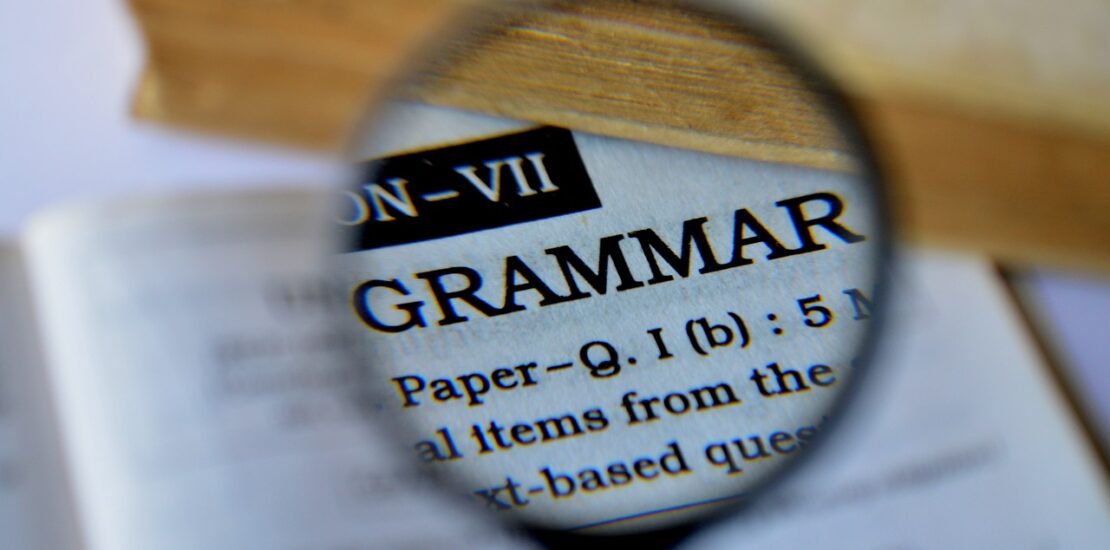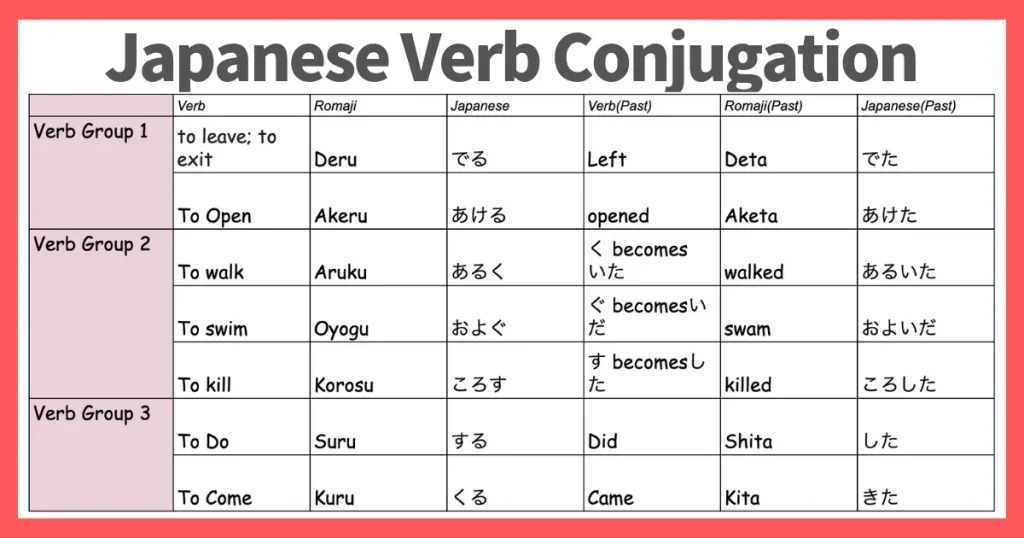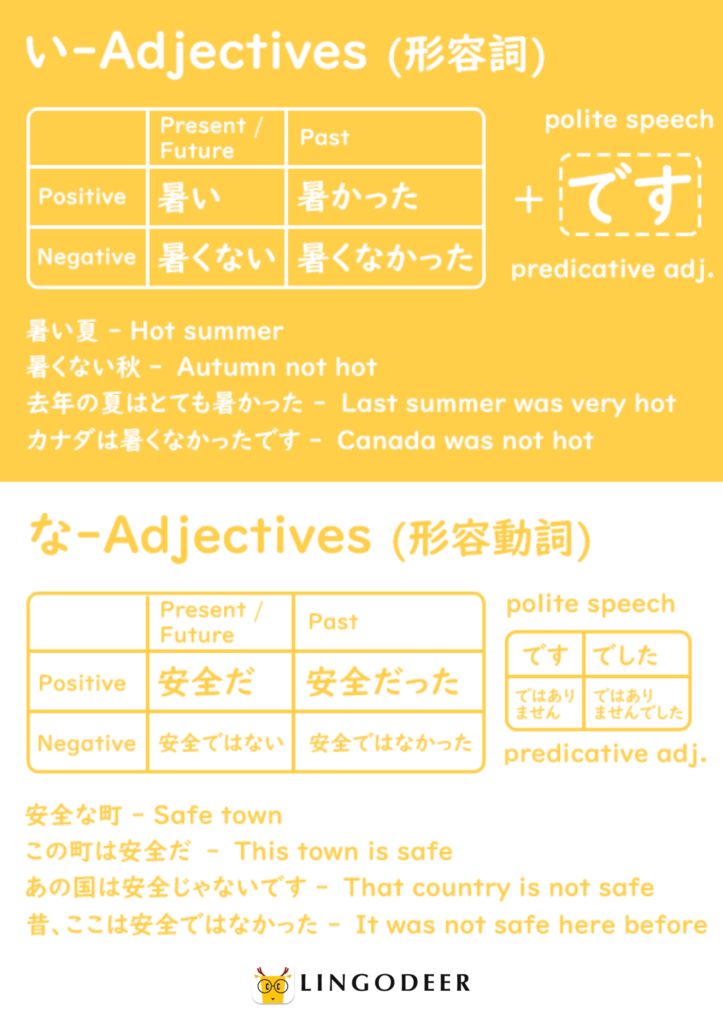Are you on your Japanese learning journey? I’ve got tips! Continuing on with our learning Japanese series, let me give you some wonderful pointers that will have you using Japanese grammar like a pro.

Let’s Study Japanese: Tips for Learning Japanese Grammar & Vocab Part 3
Just Keep Studying! Just Keep Studying!

If you have been following along, we are now on the third part of a four-part series. Did you think about your study methods? Did you figure out what you need to change in order to improve how you study? Did you learn the Japanese Alphabets? Hiragana and katakana? No, then please check out these two articles below!
You can check out the articles here:
Part 1: Let’s Study Japanese: Study Methods for Learning Japanese Part 1 – Tokyo Room Finder Blog
Part 2: Let’s Study Japanese: Tips for Learning Japanese Hiragana & Katakana Part 2 – Tokyo Room Finder Blog
If yes, you are ready to read this article.
Get the Basics Down~
When I’m teaching English, one of the first things I start with is the basics, like sentence structure. While I won’t teach Japanese in this series, I am going to leave a few tips about how to learn grammar to better assist you.
In the beginning, you need to understand how to form a sentence. In English, we go with the structure of subject-verb-object, SVO. But in Japanese, it switches to SOV, subject-object-verb. It’s very easy if you just remember that the verb is usually at the end of the sentence.

For people who are just starting out with learning Japanese, and even with English, I also suggest that they start with translating in their head. When I first started learning Japanese, my professor said that thinking like this was a big no-no, but I think it’s OK. A lot of the time, my students overthink how to say something in English. When I tell them to just translate directly after thinking about it and not overcomplicating it, they can say their thoughts perfectly in English.
Don’t try to make things harder for yourself in the beginning, just try to get out what you want to say first and then focus on adding more detail later on. It’s literally like you’re an architect or a construction worker and you’re trying to build, build a sentence that is. You have to have a good foundation before you can start adding layers, decorations, and everything, right?

Barnacles! There Are Particles?!

Particles are a bit confusing to think about. I always get a good laugh from asking Japanese people about particles in certain grammatical structures and if they know why they speak a certain way. Usually, they never have to think about such things, so they always say they don’t know and then get curious and start searching up why things are said a certain way.
In Japanese, there are very basic particles that are used to connect and add more detail to a sentence. I’ll leave this chart below to help you. I would like you to think about what I said about being construction workers and building. Think about how we would build a sentence. Particles are like the glue that connects the sentences and building blocks.

The more you practice using particles, the better you’ll get at using them.
You can use this practice test to check if you’ve got a good understanding of particles:
https://www.jpdrills.com/practice/Japanese/6/Japanese_Particles_-_N5/Practice
I Studied…I Am Studying

Verbs, this is one thing I struggle with tremendously. I think I’ll make it my own personal goal to try learning more verbs and the different conjugations this month. There are different verb groups that you have to take into consideration when building your sentence. It seems like a lot to remember at first, but I promise it gets easier the more you study them and say them out loud. You should start by focusing on verbs and which verb group to put the verbs in.
We have three groups, those that end with U/う, those that end with Iru/いる and Eru/える, and those that are irregular verbs. The irregular verbs are the easiest to learn as there are only two, くる (to come) and する (to do).
I promise your life will be so much easier if you just learn the verb groups from the get-go. I didn’t, and now I struggle to this day haha. Please check your understanding after you study the different verb groups with this quiz.
Adjectives

I don’t know why, but I think learning adjectives is really fun. Maybe it’s the writer in me that just loves to describe things, but I love it. There are two groups, な adjectives and い adjectives.
It’s very easy to understand once you actually start learning it, but I’d like you to think about the typical adjectives that you say in English or your native language. Big, small, smart, scary, mean, cute, beautiful- all of that you should think about learning first. It’s not so difficult and again if you implement the tips that I spoke about in the first article of the series, you’ll have no problem learning them.
After you get these adjectives down, I suggest you take it a step further and learn about the nouns that are also combined with adjectives.
Oh, is it going to rain today?
Will it be an 大雨(oo-ame) (a lot of rain) or 小雨(ko-ame) (a little rain) situation?
After you get that down, you’ll definitely sound more natural.
Vocabulary

Vocabulary is one of those things I have a hate-love relationship with. It’s so easy to learn vocabulary if you live in Japan, take advantage of it. You’re going to see new words on signs and magazines and even on your smartphone as the algorithm starts working haha. You can’t avoid it, it’s chasing after you!
I’m going to ask you to take it a step further and actively search for new words. There’s no reason you shouldn’t be writing down words every single day. In my flashcard app or in my dictionary app, I save new words every single day after I study. It takes two seconds to do. Just think of it as a game as you learn new words and slang. It’s fun to ask my Japanese friends about how they use certain words and sentences. They always appreciate the extra steps that I take to learn their language and speak with them.
Every day, you should be reviewing those words and trying to use them. Don’t overwhelm yourself by learning too many words at one time, but make sure to add at least two or three new words every couple of days and try to actually speak them in your daily life if you can.
Grammar and Vocabulary Resources
1) Grammar Terms Vocab
An English grammar terms sheet. (If you’re an English teacher, you definitely need to know how to say all of these words, if not most, in Japanese to effectively communicate what you’re trying to teach your students). Or you can use it for a good game of charades when you’re trying to push someone in the right direction
https://www.alse-net.com/column/grammar-terms.htm
2)こぐまのケーキ屋さん
I also wanted to suggest this cute little children’s book. It’s a series~ Going back to when I was a high school teacher, I would rent this book from the library and use it to study because the stories were short and super cute. It was fun to follow. Check it out for yourself!
Here’s a link to the book:
3)浮気サレ女
This is a bit advanced and please don’t judge me, but there’s this game called “ 浮気サレ女”/Cheating Woman. In the mini-games, you are given a question/scenario, and then you have to click around in the room based on the hints that it gives.
The girl thinks that her boyfriend is cheating on her, so she asks questions and then you click in the room to find out why she thinks her boyfriend is cheating on her. For example:
Girl: Oh, I’m suspicious….I haven’t gotten my hair permed or dyed recently. Why do I feel strange about something in the room (in Japanese)?
After reading the prompt/question, you are taken to a screen of the room. In the room, you notice a blonde curly strand of hair! Click it and it will tell you if you are wrong or right!
My coworker and I used to play this game on my phone to help me learn and he would help me find the clues in the room. It sounds a little crazy, but if you’re having fun learning, it doesn’t feel like learning at all. Plus I watch a lot of dramas, so it’s good to know these words haha.
Finding The Right Words~

I hope that this helps you along your journey and that you’ll feel a little more encouraged to try studying grammar and vocabulary more. Remember we all start from somewhere and this is just the beginning, the more you utilize what you’re learning, the easier it’ll get. I’m looking forward to the next article about tackling kanji. Happy studying!



